SERP 101: Understanding Search Engine Result Pages
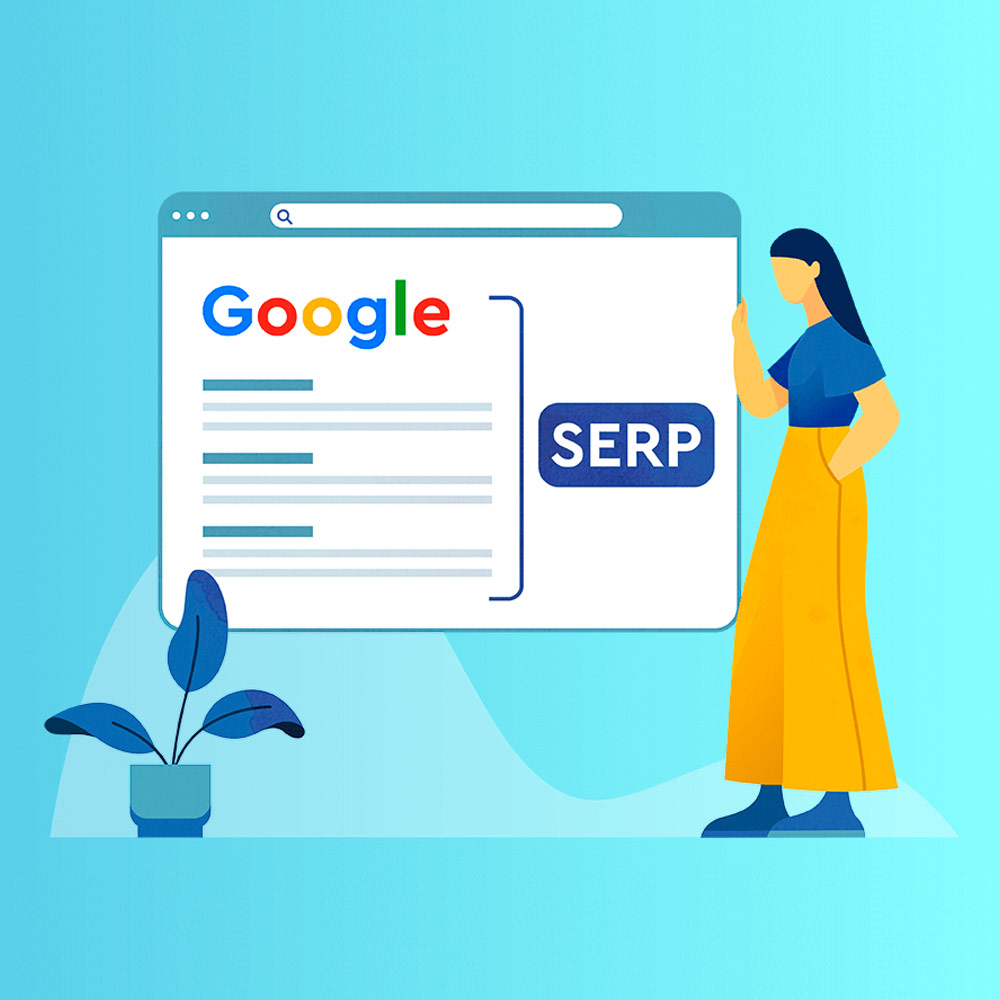
When you search for something on Google or any other search engine, the results you get are displayed on a Search Engine Results Page (SERP). SERP is the page that shows you the most relevant and useful results for your search query. In this article, we’ll explore SERP in detail and look at how it works, why it’s important for SEO, and how you can optimize your website for better SERP ranking.
Understanding SERP Elements
Before we dive deeper, let’s take a quick look at the different elements of a SERP. Here are the most common elements you’ll see on a SERP:
Search bar
The search bar is where you enter your search query.
Paid results
Paid results or PPC ads are usually displayed at the top of a SERP. These results are paid for by advertisers and are marked with “Ad” or “Sponsored” labels.
Local pack
If you’re searching for a local business or service, you may see a local pack on the SERP. The local pack displays a map and a list of nearby businesses related to your search query.
Knowledge graph
The knowledge graph is a box that appears on the right side of the SERP, displaying information related to your search query. This information is sourced from various authoritative sources such as Wikipedia and Google’s database.
Featured snippets
Featured snippets are short snippets of text that appear at the top of a SERP. These snippets are designed to answer your search query quickly and concisely.
Organic results
Organic results are the main search results that appear on a SERP. These results are ranked based on various factors such as relevance, authority, and quality.
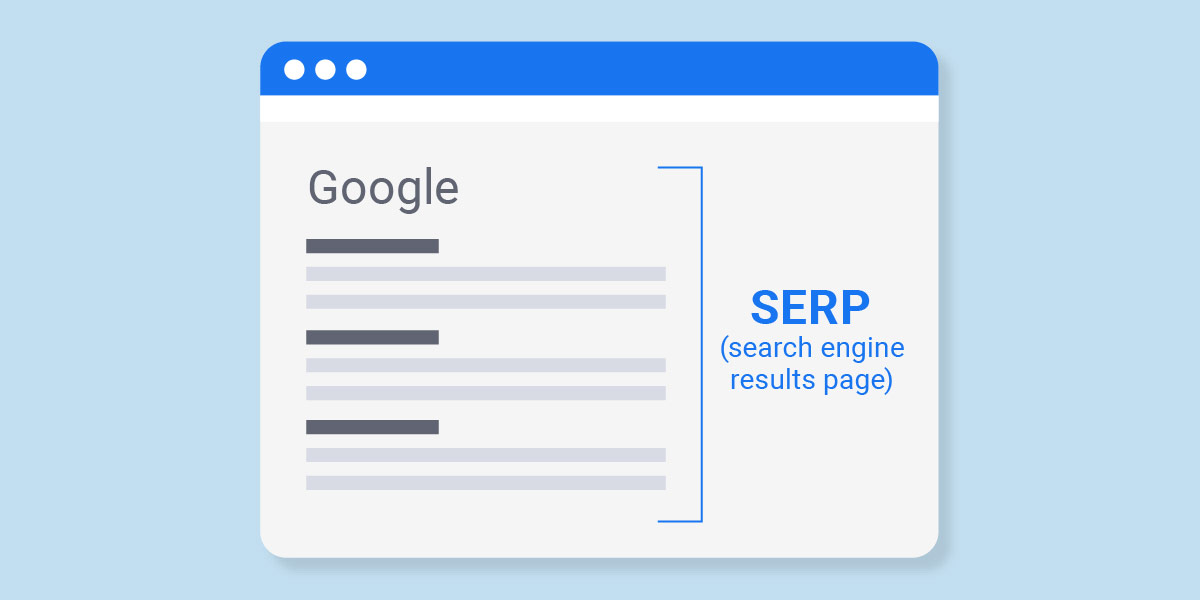
Understanding SERP Elements
How SERP Works
To understand how SERP works, let’s break it down into its different components.
Crawling and indexing
Search engines use bots or spiders to crawl the web and discover new content. Once the content is discovered, it’s indexed and stored in a massive database. When you perform a search query, the search engine looks through its index to find the most relevant results.
Ranking factors
Search engines use complex algorithms to determine the relevance and authority of a webpage. There are over 200 ranking factors that can influence how a webpage is ranked on a SERP. Some of the most important ranking factors include keyword usage, backlinks, user engagement metrics and page loading speed.
Algorithms
Search engines use algorithms to analyze and rank web pages based on the ranking factors. Google, for example, uses a machine learning algorithm called RankBrain to help sort and rank search results.
Updates
Search engines regularly update their algorithms to improve the quality of search results and combat spammy or manipulative tactics used by some websites. These updates can have a significant impact on SERP rankings, so it’s important to stay up to date on the latest changes.
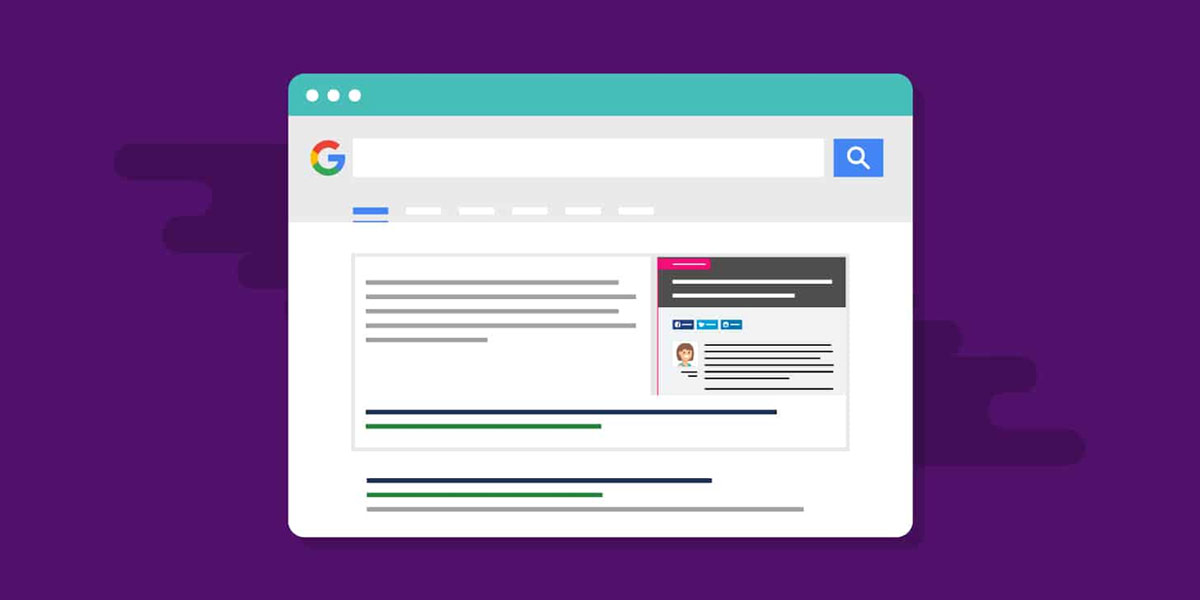
How SERP Works
Optimizing for SERP
Now that we understand how SERP works, let’s look at how you can optimize your website for better SERP ranking. Here are some key strategies:
Keyword research
Keyword research is the process of finding relevant keywords and phrases that your target audience is searching for. By incorporating these keywords into your content, you can improve your chances of ranking higher on a SERP.
On-page optimization
On-page optimization refers to optimizing the content and structure of your website to improve its relevance and authority. This includes optimizing titles, meta descriptions, header tags, and image alt text.
Link building
Link building involves acquiring backlinks from other authoritative websites. Backlinks are a crucial ranking factor and can help improve your website’s authority and relevance.
Technical SEO
Technical SEO involves optimizing the technical aspects of your website, such as page loading speed, mobile responsiveness, and site architecture. These factors can impact your SERP ranking and user experience.
Local SEO
If you have a local business, optimizing for local SEO can help improve your chances of appearing in the local pack on a SERP. This includes optimizing your Google My Business listing and acquiring local citations.
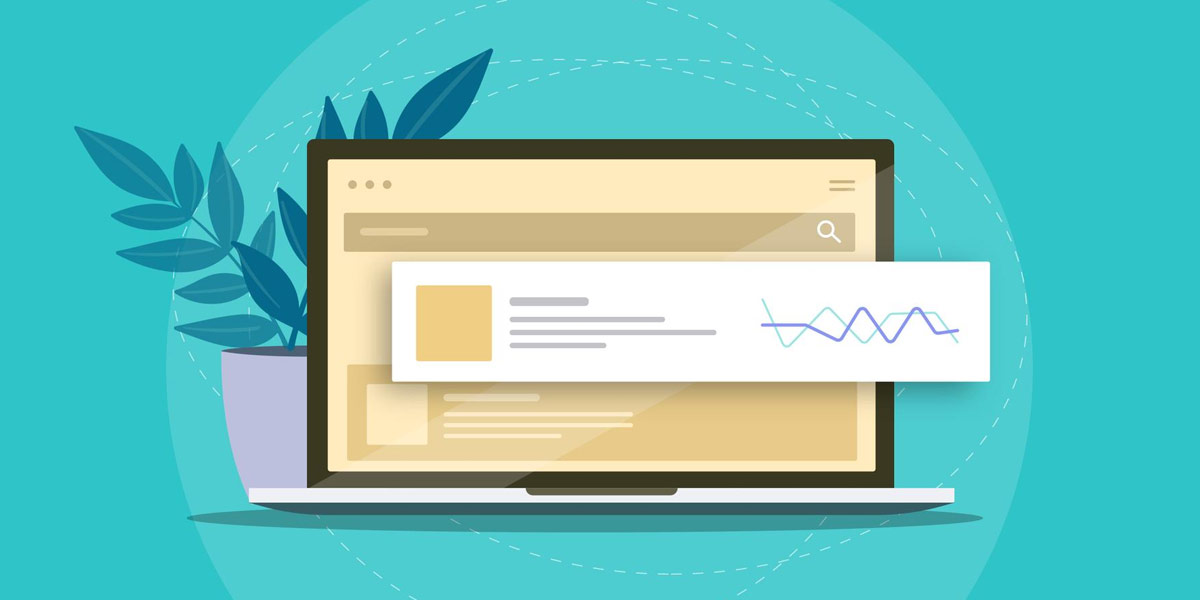
Optimizing for SERP
Tools for SERP Analysis
There are several tools available to help you analyze and improve your SERP ranking. Here are some of the most popular tools:
Google Search Console
Google Search Console provides valuable insights into how your website is performing on Google search. You can track your search impressions, clicks, and rankings, as well as identify any technical issues that may be affecting your SERP ranking.
Google Analytics
Google Analytics provides in-depth analytics on your website’s traffic and user behaviour. You can use this data to identify areas for improvement and track the effectiveness of your SEO efforts.
SEMrush
SEMrush is a powerful SEO tool that provides insights into your website’s ranking, traffic, and backlinks. You can also use it to analyze your competitors’ websites and identify opportunities for improvement.
Ahrefs
Ahrefs is another popular SEO tool that provides insights into your website’s ranking, traffic, and backlinks. You can also use it to analyze your competitors’ websites and track your keyword rankings over time.
Moz
Moz provides a suite of SEO tools that can help you improve your SERP ranking. You can use it to analyze your website’s backlinks, track your keyword rankings, and identify areas for improvement.
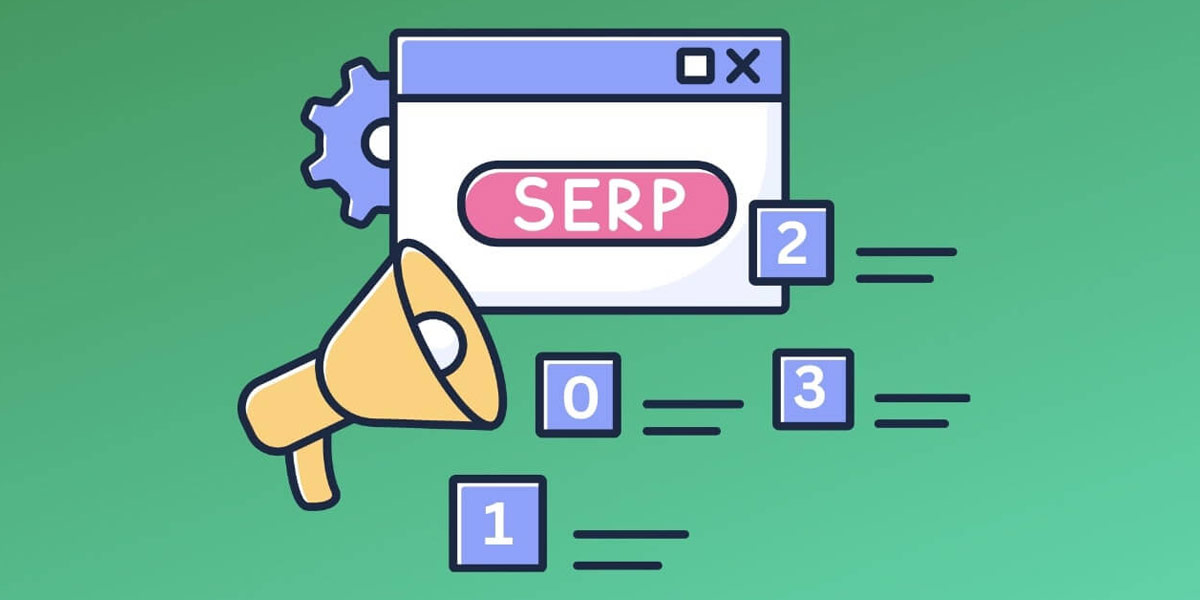
Tools for SERP Analysis
The Future of SERP
As technology continues to evolve, the future of SERP is likely to see some significant changes. Here are some trends to watch out for:
Voice search
Voice search is becoming increasingly popular, and search engines are adapting to this trend by providing more conversational and natural language search results.
Artificial intelligence
Artificial intelligence is already being used by search engines to help sort and rank search results. As AI technology continues to advance, we can expect to see even more sophisticated search algorithms.
Mobile-first indexing
Mobile devices are becoming the primary way people access the internet, so search engines are shifting towards mobile-first indexing. This means that websites optimized for mobile will have a better chance of ranking higher on SERPs.
Visual search
Visual search is an emerging trend that allows users to search using images rather than text. Search engines are already beginning to incorporate visual search into their algorithms, which means that optimizing your website for visual content will become increasingly important.
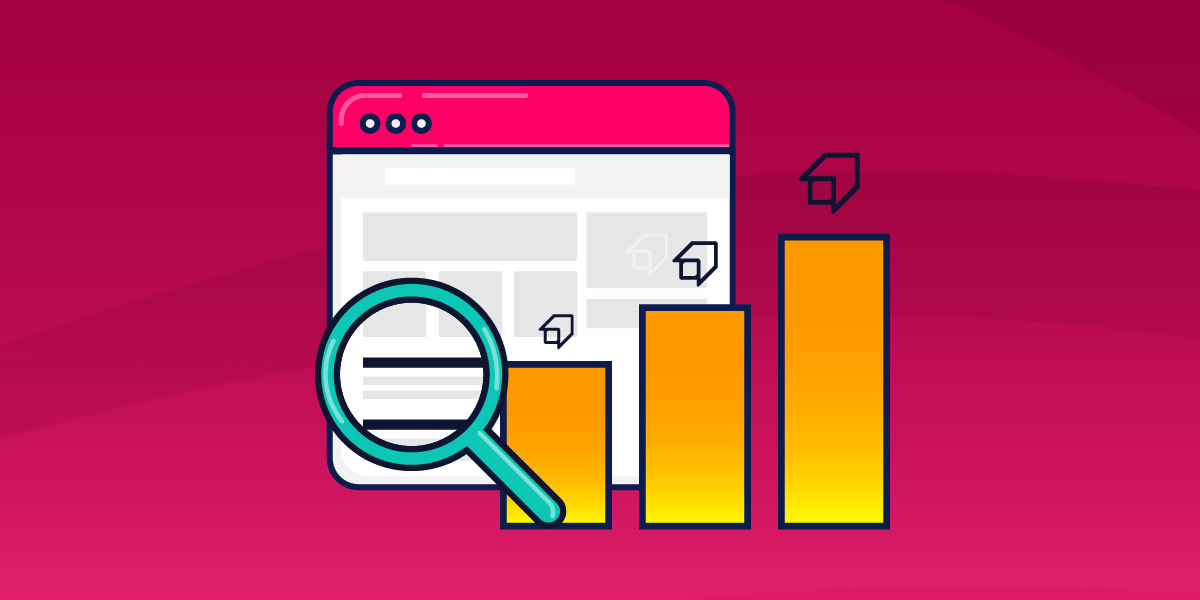
The Future of SERP
Common SERP Mistakes to Avoid
Even with the best intentions, it’s easy to make mistakes that can negatively impact your SERP ranking. Here are some common SERP mistakes to avoid:
Keyword stuffing
Keyword stuffing is the practice of overusing keywords in an attempt to manipulate a website’s ranking in search results. This technique is no longer effective and can even result in penalties from search engines. Instead, focus on creating high-quality content that uses keywords naturally.
Duplicate content
Duplicate content refers to content that appears on more than one page or website. This can confuse search engines and result in lower SERP rankings. To avoid this, ensure that your website’s content is original and unique.
Poor user experience
Search engines prioritize user experience, so if your website is difficult to navigate or slow to load, it can negatively impact your SERP ranking. Ensure that your website is easy to use, mobile-friendly, and loads quickly.
Neglecting local search
If you have a physical location, neglecting local search can be a costly mistake. Ensure that your website is optimized for local SEO, including your business’s name, address, and phone number on your website and directories.
Black hat SEO
Black Hat SEO tactics, such as buying backlinks or keyword stuffing, can result in penalties from search engines and harm your SERP ranking. Instead, focus on using white hat SEO techniques that prioritize high-quality content and user experience.
By avoiding these common SERP mistakes and focusing on best practices, you can improve your website’s SERP ranking and drive more traffic to your site.
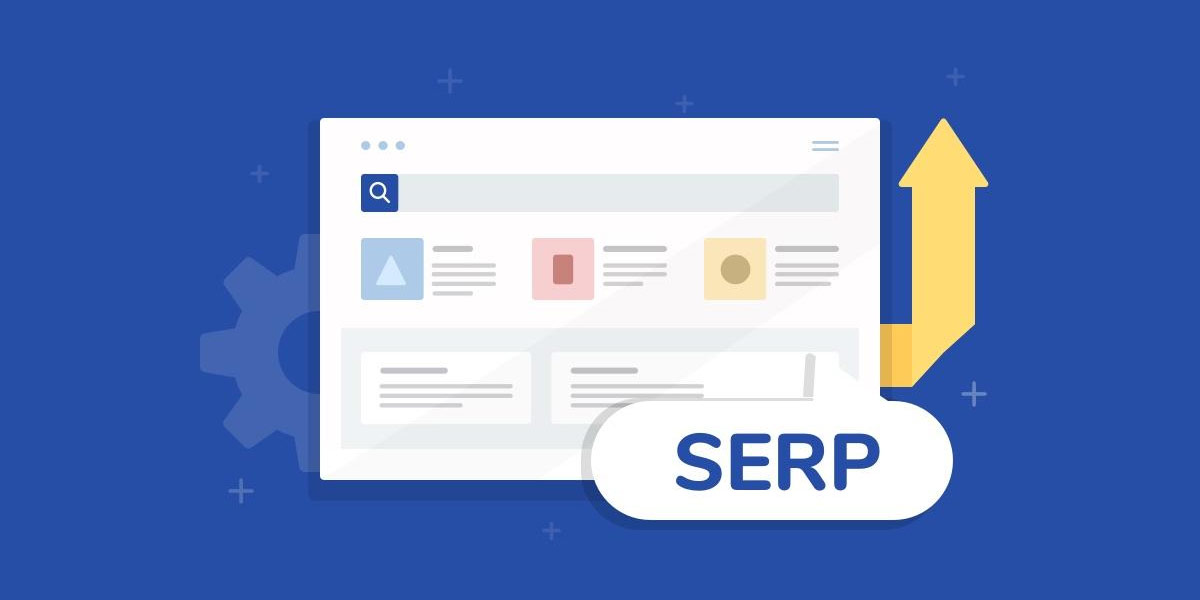
Common SERP Mistakes to Avoid
Conclusion
SERP ranking is an essential aspect of SEO, and understanding how it works is crucial for improving your website’s visibility and driving traffic. By implementing the strategies and tools discussed in this article, you can optimize your website for better SERP ranking and stay ahead of the competition.
FAQs
What does SERP mean?
SERP stands for Search Engine Results Page. It’s the page that appears after a user enters a search query into a search engine, such as Google or Bing.
What is the difference between SEO and SERP?
SEO, or Search Engine Optimization, refers to the practice of optimizing a website to improve its visibility in search engines. SERP, on the other hand, refers to the page of search results that appears after a user enters a query into a search engine.
What is SERP in Google Analytics?
SERP is not a metric in Google Analytics, but it is an important concept in SEO. By tracking your website’s SERP ranking for specific keywords, you can monitor the success of your SEO efforts.
What is SERP also known as?
SERP is also known as a search engine results page or search results page.
How does SERP affect search engine rankings?
SERP rankings can have a significant impact on a website’s search engine rankings. Websites that appear higher in search results are more likely to be clicked on by users, which can lead to more traffic and better search engine rankings over time.
What are SERP features?
SERP features are elements that appear in search engine results pages, such as featured snippets, knowledge graphs, and local search results. These features can help users find the information they’re looking for more quickly and can provide additional opportunities for websites to appear in search results.
How can I optimize my website for SERP?
To optimize your website for SERP, focus on creating high-quality content that includes relevant keywords and provides value to your audience. You should also ensure that your website is mobile-friendly, loads quickly, and is easy to navigate.
What is a local SERP?
A local SERP is a search engine results page that includes local search results, such as maps, local business listings, and reviews. Local SERPs are important for businesses with physical locations, as they can help drive traffic to their storefronts.
What is a rich snippet in SERP?
A rich snippet is a feature in SERP that displays additional information about a website’s content, such as ratings, reviews, and product prices. Rich snippets can help websites stand out in search results and can increase click-through rates.
How often does Google update its SERP algorithm?
Google updates its SERP algorithm regularly, with minor updates occurring several times a year and major updates happening less frequently. These updates are designed to improve the relevance and accuracy of search results for users.

